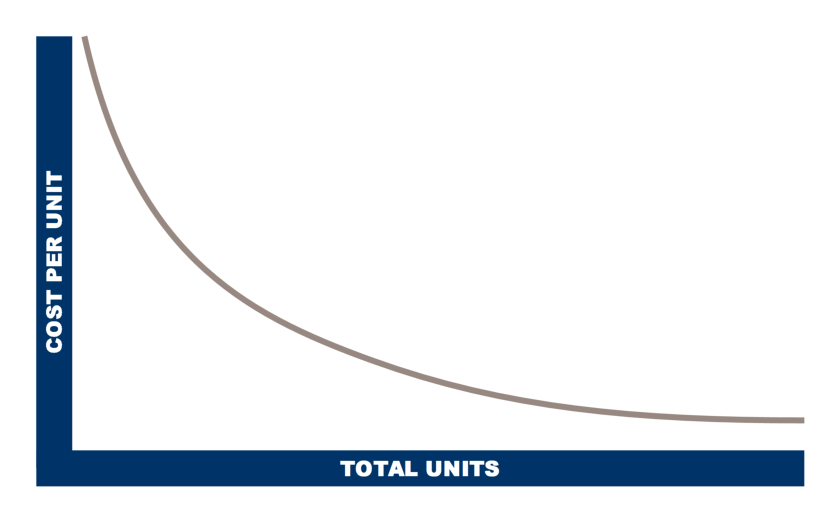Often times, start-ups and many organizations have a difficult time transitioning from a small team to a large organization with hundreds or thousands of people working together. As the number of employees surpasses the Dunbar number, the number of relationships that a person can maintain based on anthropology research by Robin Dunbar, it becomes increasingly difficult to keep up with everyone and everything.
Instead of micro managing tasks, it is a much better practice to tell your team the WHAT and WHY components of your vision and let them figure out HOW to accomplish their tasks. Telling people WHAT and HOW is a classic example of micro management. Without the WHY component, you are missing a key ingredient in motivating people which is purpose. Telling people WHAT and WHY is a good managerial practice because it clearly communicates the intended outcome of a task while letting your subordinates use their creativity to figure out HOW to do it.
As the organization grows so must the entrepreneur. During the early stages of the company, the founder's role is to test market hypothesis and build a working MVP. After market hypothesis have been vetted and a workable product is in place, a start-up should look to ramp up its team. This expansion process requires a fundamental shift in the entrepreneur's role. Rather than devoting their time and effort to building the product, now they must manage the vision and strategy of the company. Most of the day to day operations needs to be delegate to their team. The entrepreneur is essentially transformed from a doer into a coach/mentor/strategist.
When building your start-up, remember that you are not only building your product but also your team. Consider carefully your managerial style in the beginning so that you can avoid the pitfalls of unscalable management processes.

